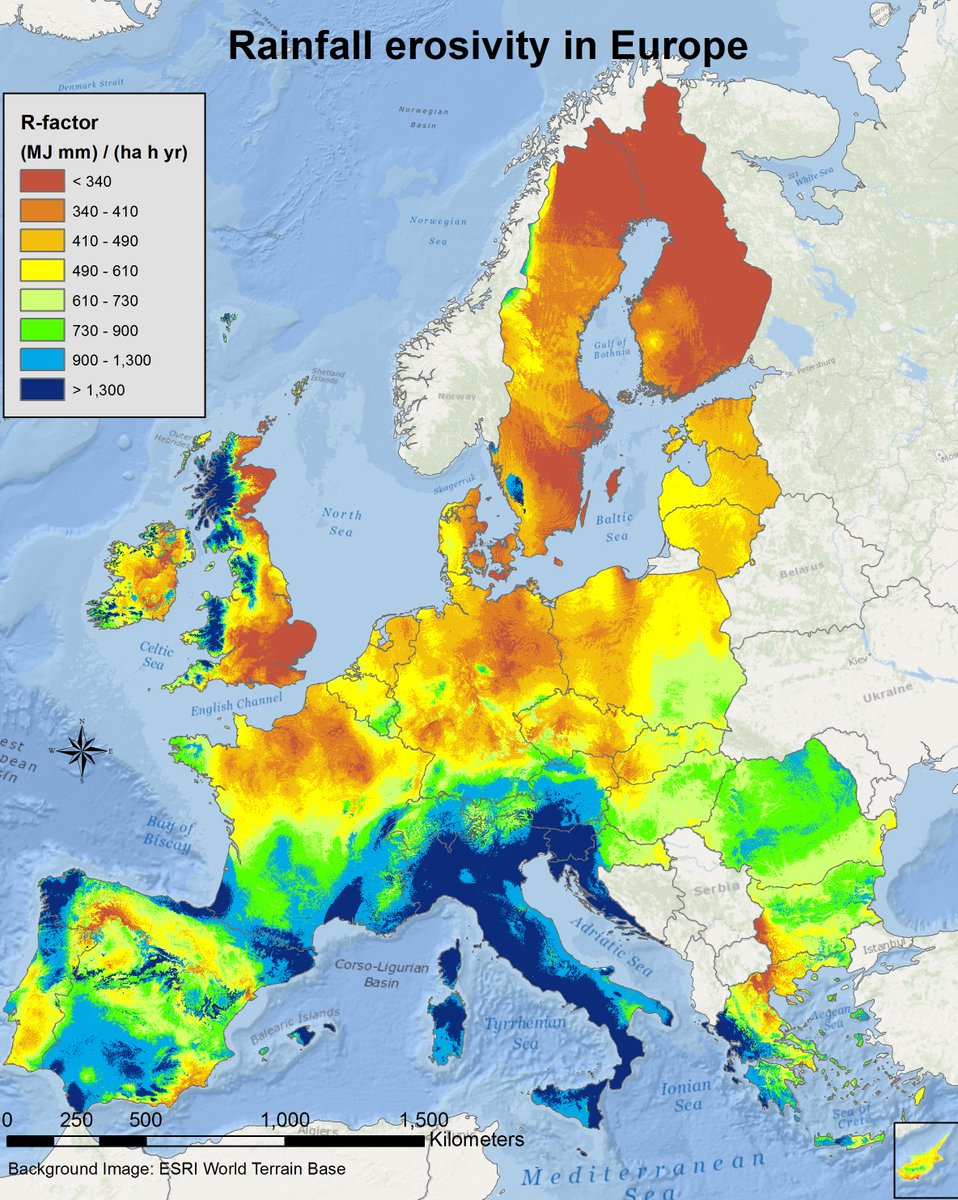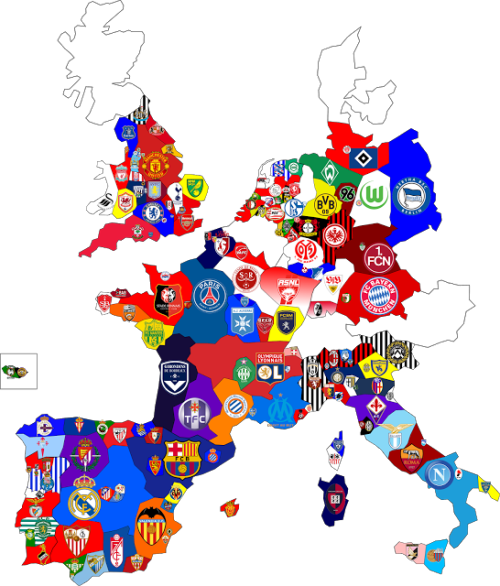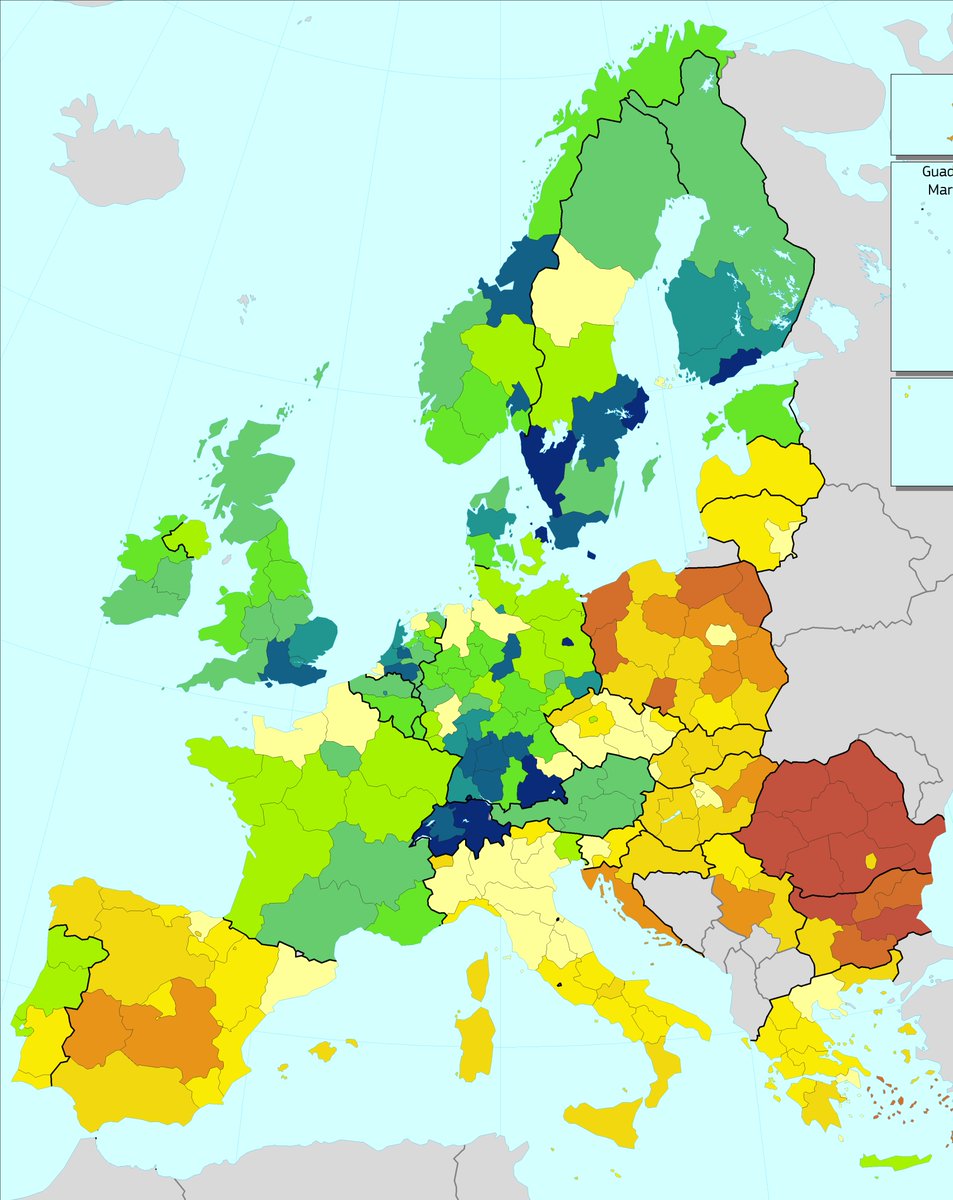A thread on the historic roots of why it's difficult for the UK and the EU to agree a deal. European culture is notoriously averse to compromise, largely because of the legacy of the warring tribes that historically dominated this region of the world.
In European languages, the word 'compromise' comes from the Old French compromis from, the Latin compromissum literally 'to break one's vase'. Linguists attribute this to a sense of dishonour associated with compromise
Whatever the linguistic indicators are, Europeans fought each other for many centuries, for example in the 30.4 year war and the 116 year war which was rounded down to the Hundred Years' War. So what could be at the root of this tendency to conflict?
Al-Mouhaji (2002) in his seminal study of European conflict tendencies attributed this primarily to the pork and beef based diet which is rich in zinc and iron, two minerals that have been proven to stimulate the aggression glands. Hence the expression "I got beef with you"
Incidentally there's evidence that this link between eating meat and aggression was known as early as Roman times. And that explains why Julius Caesar invented the Caesar salad and tried to popularise it among enemy tribes.
In more recent years, Europe has witnessed the largest campaign of its kind to promote veganism, precisely because the authorities are aware of the violent tendencies meat-eating triggers
Ocholla (2004) argued, by contrast, that the causes of European violence are primarily climatic. He observed that Europeans tend to become irritable after standing in the rain for some time and concluded that the extended periods of rainfall cause them to be more aggressive
Ocholla plotted rainfall patterns in Europe on this map and observed that the colours clashed with each other, leading him to conclude that the link between rain and conflict is significant
Despite the work of al-Mouhaji and Ocholla most experts today, including me, tend to subscribe to Chatterji's tribal origins thesis of European conflict and reject environmental determinism as a causal explanation.
Chatterji developed his thesis after an amazing discovery, he observed that the map of ancient European tribes and modern football club support are almost identical, pointing to historical patterns of continuity of affiliation (HPCA). It was a turning point for the field.
This observation led Chatterji to conclude that Europe manifests a 'tribal spatial imagination', a persistent socio-cultural pattern that retains the fissures of ancient times at a subconscious level, helping explain the European tendency to conflict and aversion to compromise
So please keep all of this in mind when you read about Boris Johnson and Angela Merkel having an ill-tempered phone call. Europeans have been conditioned over centuries to reject compromise, this is an operative cultural paradigm that defines their political outlook.
Lastly I want to apologise for the overly academic nature of this thread and thank you for your patience, I tried to summarise the scholarly arguments as best as I could but the field of European conflict anthropology is a complex one.
Bibliography:
Al-Mouhaji, Adel; "I Got Beef With You: Carnivorism and Conflict in Europe", Cairo, 2002.
Ocholla, James: "Precipitation and War: The Origins of European Violence", Durban, 2004.
Chatterji, Amit: "Diatribe: Tribal Origins of European Conflict", Delhi, 2007.
Al-Mouhaji, Adel; "I Got Beef With You: Carnivorism and Conflict in Europe", Cairo, 2002.
Ocholla, James: "Precipitation and War: The Origins of European Violence", Durban, 2004.
Chatterji, Amit: "Diatribe: Tribal Origins of European Conflict", Delhi, 2007.
Many asked me what's the solution. As a scholar I'm normally reluctant to offer practical advice, but I think the UK and the EU can't be left to solve this on their own. We need a troika of Asian, African and Latin American countries to help them find a compromise.
On a personal level, you can also do your bit. Speak calmly to Europeans to soothe them, they like to discuss what they did this weekend. Say things like 'sure, boiled potatoes are an excellent lunch idea'. This will have a positive reinforcement effect.

 Read on Twitter
Read on Twitter




